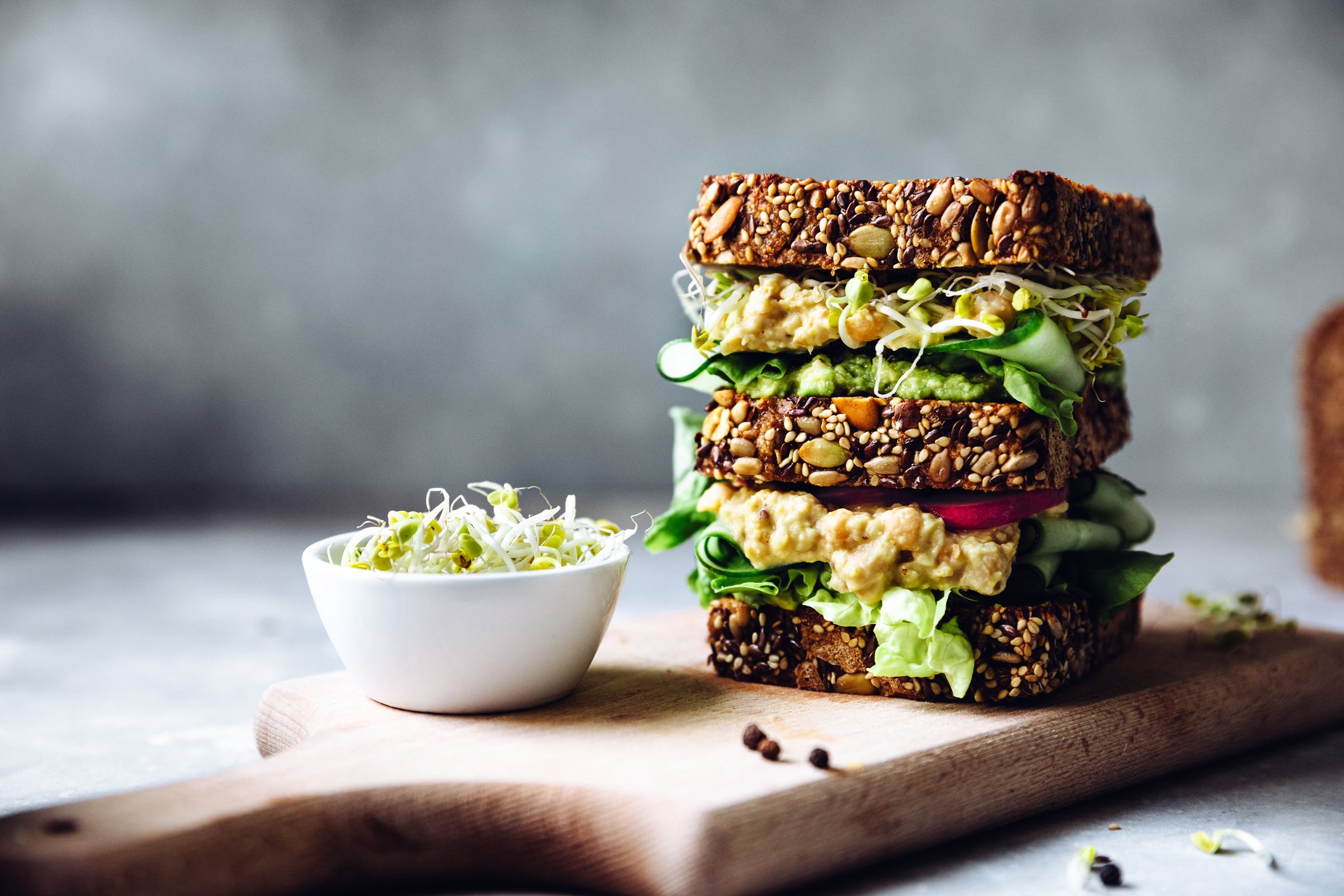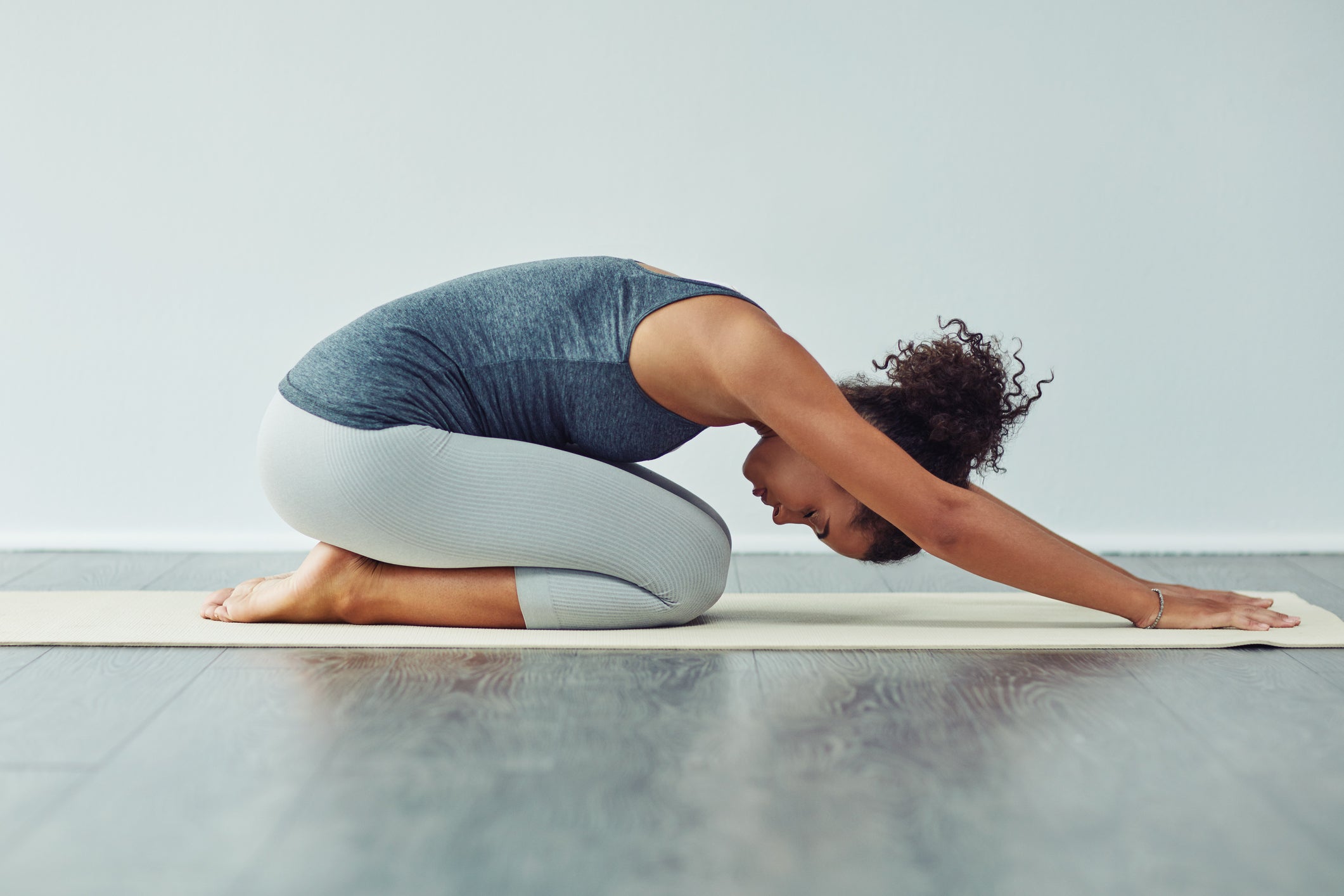Experts explain how to deal with constipation after birth as Molly-Mae Hague shares her experience
Struggling to go to the toilet is a common experience among new mums, but rarely discussed
Your support helps us to tell the story
From reproductive rights to climate change to Big Tech, The Independent is on the ground when the story is developing. Whether it's investigating the financials of Elon Musk's pro-Trump PAC or producing our latest documentary, 'The A Word', which shines a light on the American women fighting for reproductive rights, we know how important it is to parse out the facts from the messaging.
At such a critical moment in US history, we need reporters on the ground. Your donation allows us to keep sending journalists to speak to both sides of the story.
The Independent is trusted by Americans across the entire political spectrum. And unlike many other quality news outlets, we choose not to lock Americans out of our reporting and analysis with paywalls. We believe quality journalism should be available to everyone, paid for by those who can afford it.
Your support makes all the difference.Becoming a mother for the first time is a wonderful and bewildering experience. The number of things people learn about their bodies from the moment pregnancy begins until long after the baby is born never ceases to amaze.
But as women begin to open up about previously taboo subjects when it comes to pregnancy and birth, some bodily functions have come to light that few have discussed publicly in the past.
One such function – or in this case, dysfunction – is bowel movement. Recently, former Love Island star and mega influencer Molly-Mae Hague revealed that she suffered from severe constipation for nine days after giving birth to her baby daughter, Bambi, in January.
The 23-year-old detailed the ordeal in a YouTube vlog and said she was in so much pain from constipation that, at one point, she was “screaming for [my sister] to call me an ambulance”.
Constipation after birth is much more common than many people realise. A 2021 study in Finland found that women who are pregnant, or a few days postpartum, are two to three times more likely to experience difficulty in passing motion compared to non-pregnant women.
The study found that women who had a vaginal delivery were less likely (47 per cent) to be constipated in the days following the birth compared to women who had a caesarean section (57 per cent).
Physician and health writer Dr Nsisong Asanga, also known as Dr Cici, told The Independent that constipation can happen for various reasons, including not eating or drinking enough in the hours leading up to the birth.
“This means that the bowels are empty following the birth, and will take longer to fill them up enough for a bowel movement,” she explained.
Eating a diet low in fibre and not getting enough hydration can also lead to constipation. “Due to availability or appetite changes or choice, if you don’t eat enough fibre in fruits and vegetables, your body won’t form stool easily,” Dr Cici said. Wholegrain cereals and wholemeal bread can also help add more fibre back into your diet.

Pain medication and anaesthesia can also have an impact on your gut and reduce gut function. Alternatively, pain and discomfort from procedures like episiotomies, which involves a cut to the perineum to aid birth, can delay bowel movement and “eventually back you up”, Dr Cici warned.
Helen O’Leary, a physiotherapist and clinical director at Complete Pilates, added that constipation after a C-section could be caused by “lack of mobility and movement alongside medication, which can cause bowel blockages”.
Activity levels also play a part in helping the gut move its contents along and out of the body. However, for new mothers recovering in the days following a birth, they may be much less active and could slow things down.
Dr Cici advises new mothers, who are experiencing severe constipation for longer than a few days after birth, to get help from their midwife, health visitor or GP.
“They will trouble shoot and provide guidance,” she said. “This could be a pessary to soften stools, a change in diet to get more fibre, more hydration, reviewing your medication, or removing impacted faeces.”
Doing gentle exercises can also vastly improve an uncomfortable gut situation. O’Leary recommends certain pilates poses that she said can help “restore digestive health”, as well as stomach massages.

As with any postpartum exercise, mothers should speak to their doctor of physiotherapist if they are worried about starting a new exercise regime.
Some poses they can do to alleviate constipation include child’s pose, which involves kneeling on the floor on your hands and knees, with knees wide apart, and pushing your hips back towards your heels to lower your torso between your knees.
An exercise that could be useful are lumbar rolls. Lay on your back with knees back and feet on the floor on the edges of a yoga mat, with your hands to the side. Gently lower your knees to one side and hold for a second, before coming back to the centre and lowering your knees to the other side.
O’Leary also suggested the “squatty potty” position when attempting to empty your bowels on the toilet. This involves putting your feet up on a stool or something else to raise your knees higher than your hops and lean forward.
“Constantly straining is not ideal and can cause the weakening of your pelvic floor,” she warned. “It is important to breathe and take time and take your time whilst on the toilet, with no distractions whilst trying to go.
“If constipation is lasting any longer than five days you would want your GP’s input for stool softeners and longer term management could be a pelvic health physiotherapist.”



Join our commenting forum
Join thought-provoking conversations, follow other Independent readers and see their replies
0Comments